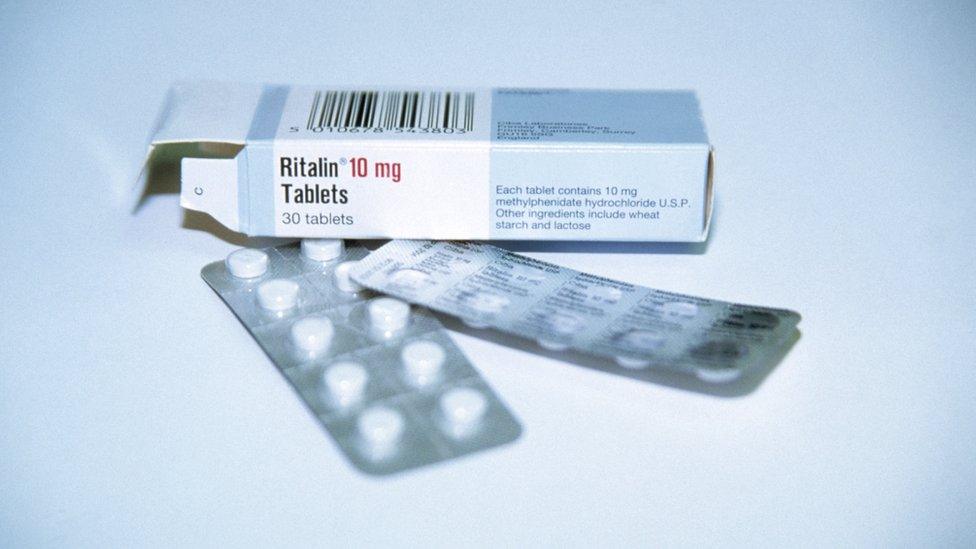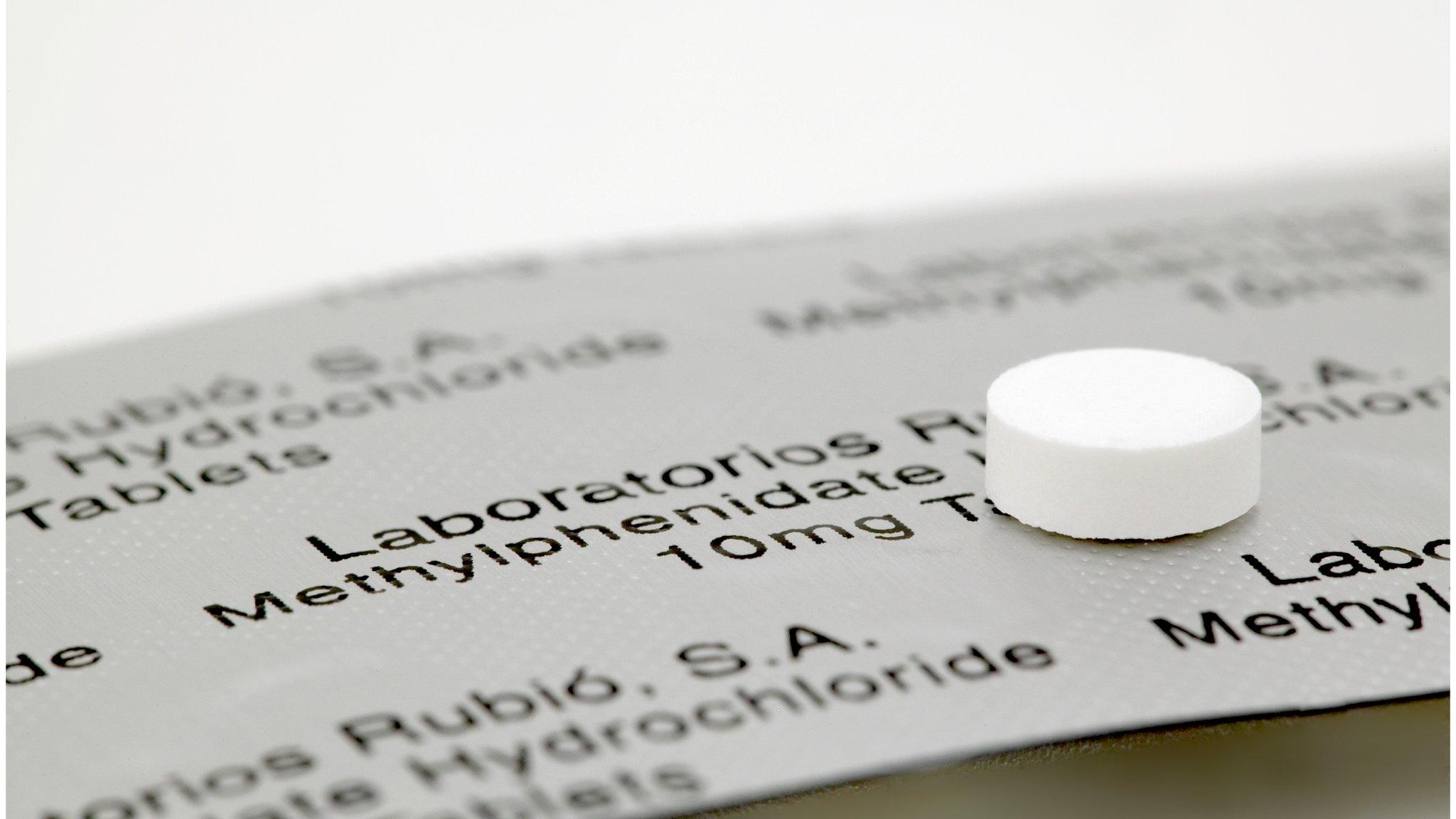ADHD children in Borders 'parked on medication'
- Published

Concerns have been raised that some young people in the Borders have been "parked on medication".
It came as new figures revealed that the region has the highest rate of prescriptions for Attention Deficit Hyperactivity Disorder (ADHD) drugs in Scotland.
MSP John Lamont said the the statistics were "alarming".
However NHS Borders said the medication was one of a range of measures used to treat the condition.
It said the MSP for Ettrick, Roxburgh and Berwickshire displayed "little understanding of the condition or its treatment and what the figures represent".
More than 180,000 daily doses of ADHD medication were prescribed in the Borders last year, almost twice that in 2009/10.
'Behavioural issues'
According to the report by ISD Scotland, external, it works out as more than 20 daily doses of drugs per 1,000 people aged 0-19.
Scotland-wide, an average of eight doses of medication were made per 1,000 people.
Most received methylphenidate hydrochloride, which is also known as Ritalin.
Mr Lamont said there was "no reason" why the health board should be prescribing the medication at twice the national rate.
He added: "Clearly more people are being diagnosed with ADHD and other behavioural problems as awareness about them increases, but the fact that prescriptions are rising in the Borders faster than anywhere else and doubling since 2009 is alarming.
"While there is no question that these pills have a role to play in the treatment of behavioural issues, I am concerned that young Borderers are being parked on medication."
Healthy relationships
He called for the prescribing of ADHD medication to be reviewed and for a reduction in the number of young people on medication.
Dr Ashley Cameron, of NHS Borders, said ADHD caused children to suffer low self esteem, perform poorly at school and have difficulty forming healthy relationships with their family and friends.
The disadvantages it causes can lead to anti-social behaviour and a higher risk of substance abuse.
The consultant child and adolescent psychiatrist said: "The drug therapy is very effective and has a large evidence base to support its use. However, the children and young people referred to us receive a range of treatments and support for them and their families as well as any drug treatments."
She added: "Any child on medication is kept under regular review and medication will only continue if positive results are shown. These reviews involve the child's parents and representatives from both education and health."
- Published13 August 2013
